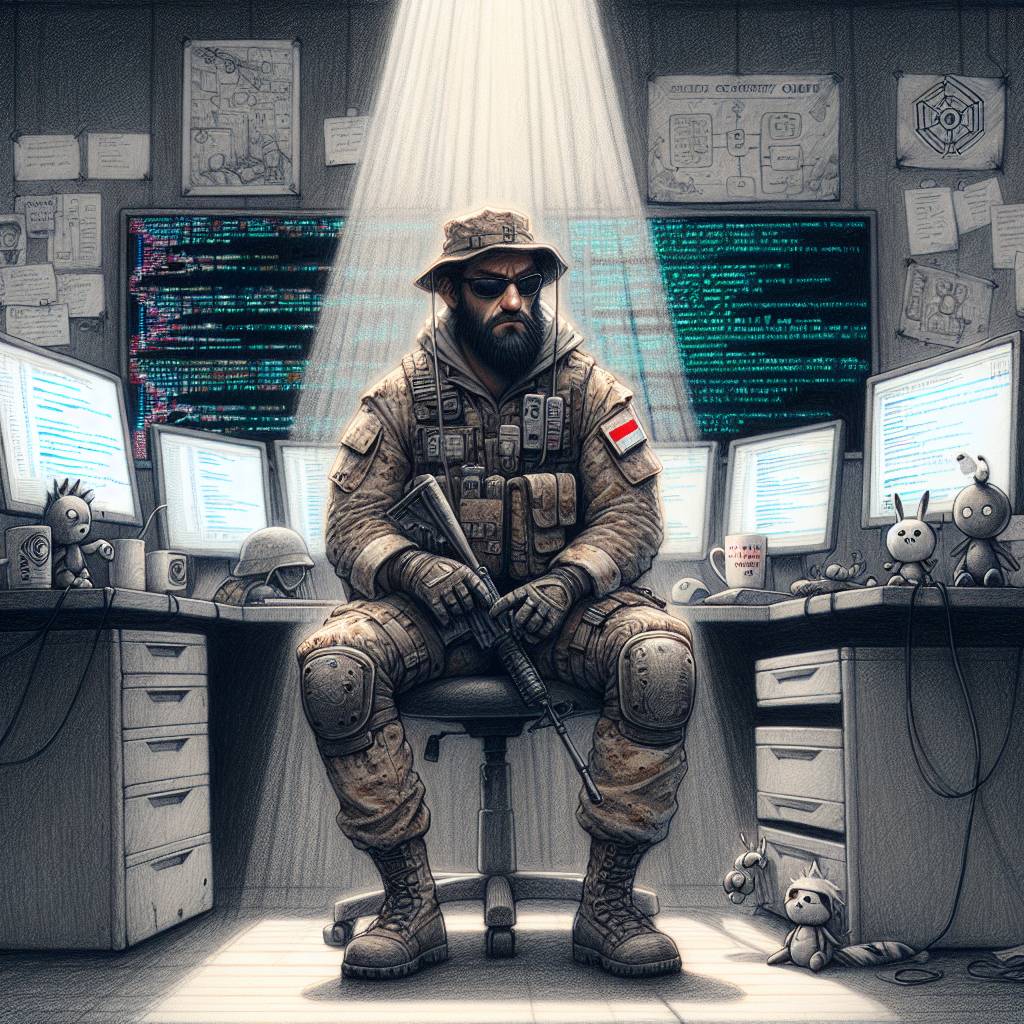From Marine to Code Machine: A Humorous Dive into Cybersecurity Adventures!
Programming is like cooking for DFIR analysts: some are gourmet chefs, while others microwave leftovers. Whether you’re a coding master or a shell script dabbler, understanding programming can help you break down complex problems into bite-sized chunks. So, grab your spatula, I mean, keyboard, and start coding!

Hot Take:
From Marine radios to hacking the mainframes, it seems like the real battle was convincing the world that a codified grunt could dance with the best of them in the digital trenches! Just like a poorly programmed robot, cybersecurity careers don’t always follow logical paths, but when they do, it’s usually thanks to those who can speak fluent Perl and navigate the labyrinth of legacy tech with ease. Semper Fi to semicolons, anyone?
Key Points:
- Ex-Marines are storming the digital beaches of cybersecurity, proving past military experience is a valuable asset.
- Programming is both a celebrated and debated skill within the Digital Forensics and Incident Response (DFIR) community.
- Learning to program can help develop problem-solving skills, even if you only dabble in shell scripting.
- Experience with legacy tech can be a surprising boon, offering unique perspectives and skills.
- Understanding your tools is crucial—blind faith in black-box solutions can lead to missteps and misunderstandings.
Already a member? Log in here
